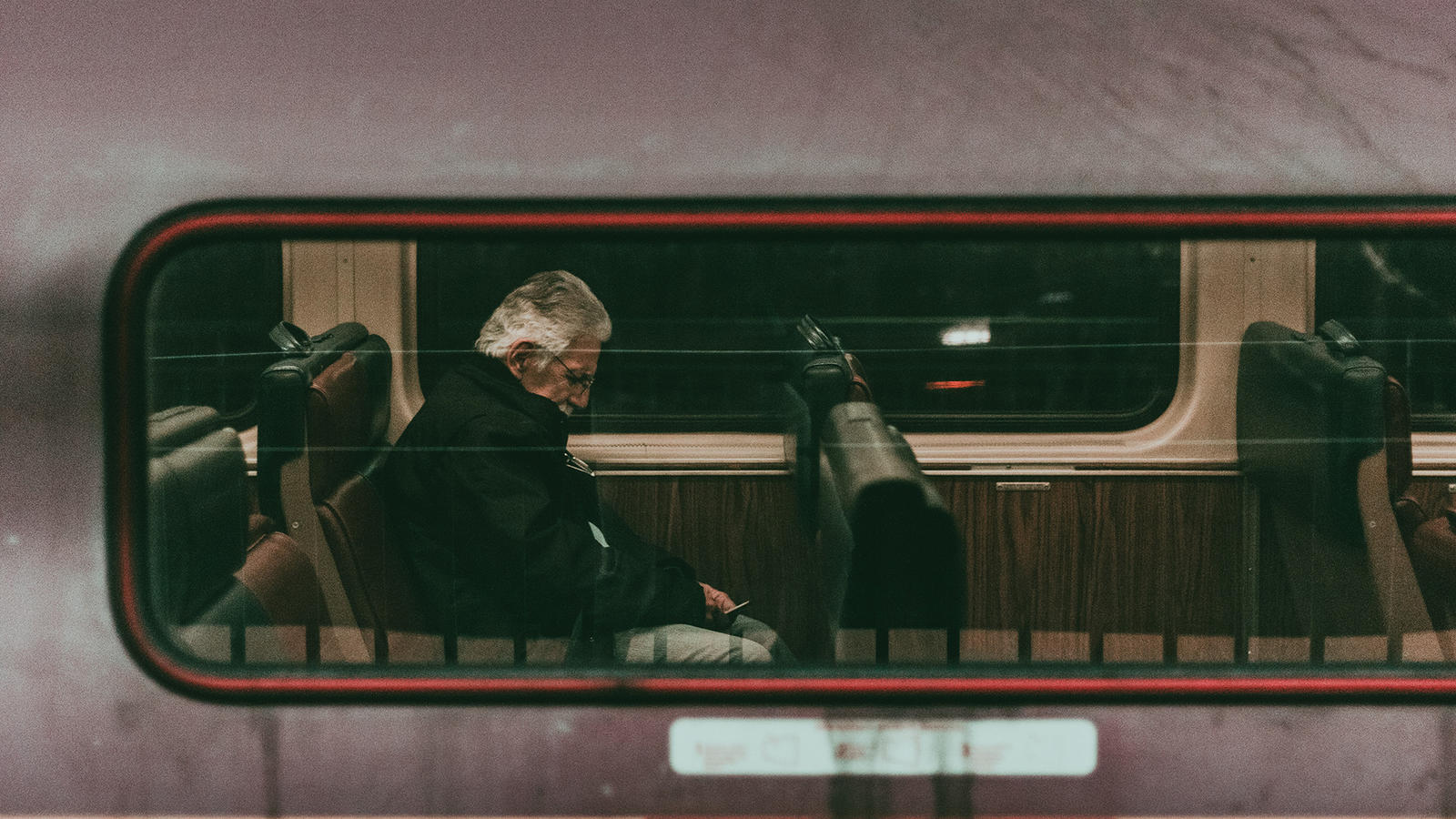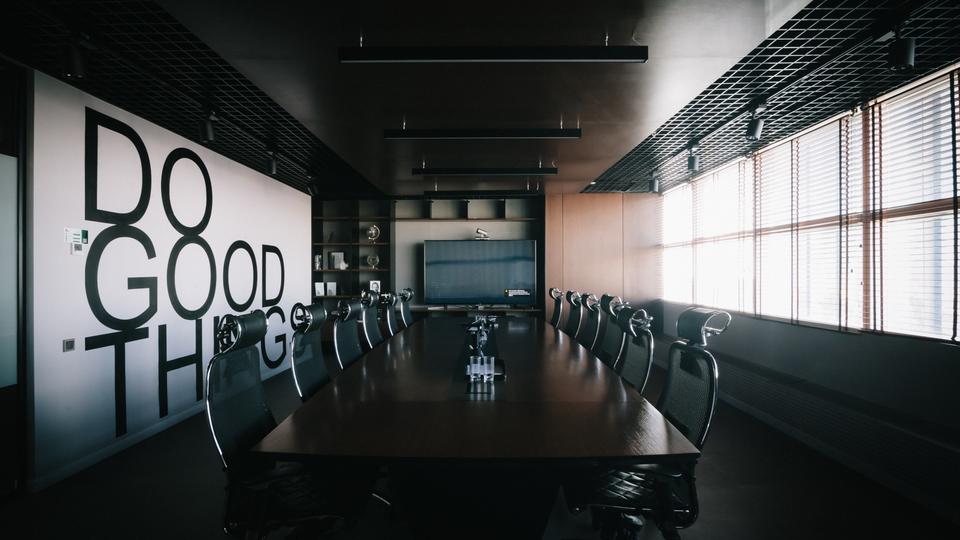
Life In Limbo
Life In Limbo Is A Time For Growth
By Mike Snyder
Life In Limbo Is A Time For Growth
This article first appeared in the Houston Chronicle as Essay: Life in limbo — whether from sickness, job loss or quarantine — is a time for growth
In the wee hours of a winter morning in 1997, I lay on my living room sofa, not sleeping. I had moved from the bed I shared with my wife, imagining desperately that lying in a different spot might ease my restlessness. It didn’t work.
I was gripped by anxiety as I struggled with the symptoms of advanced liver disease, triggered years before by a virus I had picked up through a blood transfusion. The next year, I would undergo a life-renewing transplant. That night on the sofa, though, I had no way of knowing whether a donor would emerge in time.
I was in limbo.
Now, more than 20 years later, I’m facing something similar — but this time as part of a vast global experience, while the novel coronavirus halts the rhythms of daily life for much of the world’s population. This time, I’m trying to remind myself that, excruciating as they are, such “in-between” moments hold potential for growth, both personal and cultural.
Anthropologists use the word “liminal” to describe rites of passage, key moments of transformation in life. But the concept is useful in other realms as well. It’s no coincidence that the words “liminal” and “limbo” sound alike: Both derive from the Latin limina, or threshold.
A few years ago, former Rice Business professor Otilia Obodaru applied this idea to the contemporary workplace, where our career transitions now are far more abrupt and less predictable than they were in the past. Even before COVID-19, the narrative that held sway for much of the 20th century — a rung-by-rung climb from the mailroom to the executive suite, followed by a secure retirement — had given way to layoffs, instant obsolescence and vanishing pensions.
Obodaru argued that being in career limbo, while deeply unsettling, can be an opportunity for growth. The challenge, she wrote, is “tolerating painful discrepancies and allowing time for self-exploration and self-testing.”
Granted, that now might be a hard sell for millions of suddenly jobless Americans or their bankrupt former employers. Yet it seems to me that Obodaru’s insights are applicable to our global liminal moment in other ways. Growth opportunities can show up in areas of life other than work — as I discovered two decades ago in that terrifying, in-between twilight waiting for my transplant.
Even as businesses gradually reopen in some states, many workers are still liberated from fighting traffic on their daily commutes. (The only time I started my car last week was to keep the battery charged.) We’re walking and biking more. For me, all the additional physical movement comes from an uneasy mix of more leisure time and more anxiety. But there’s nothing ambiguous about the benefits of these new habits to us and to the planet. The carbon emissions that contribute to destructive climate change have dropped, and the skies over our cities are clearer.
Enforced social distancing is also leading us to embrace new ways of working, learning and finding entertainment, and some of these changes are likely to endure even when things go back to “normal,” whatever that might look like. Other changes might well be temporary: Our cities, for example, are quieter. And with cruise ships stuck in port, scientists are studying whether reduced noise on the oceans is benefiting the reproductive cycles of whales and other sea creatures.
Much has been made, too, of the creative opportunities carved out by this global moment: volunteers sewing face masks, scientists deploying all their skills to develop a vaccine, balcony concerts and at-home recreations of classic art. Even flower pressing is making a comeback.
Liminal moments, however painful, can also yield more intimate opportunities for growth: time for the faithful to pray and for the secular to meditate or reflect. Time for simply being.
This lifestyle, of course, wasn’t what I had in mind when I retired last fall after a long career as a newspaper reporter and editor. I was supposed to be in Spain or Latin America, striving for the fluency in Spanish that has eluded me for so long. Or, I was supposed to be at a literary conference in New York. Or, I was supposed to be hanging out in my neighborhood bar, talking about inconsequential matters with people I never saw anywhere else.
This time of quarantine also feels different from my previous liminal state, during the months I was waiting for a liver transplant. My plight then was individual, not shared with much of the rest of humanity. I was younger, in mid-career rather than retirement, with some years of child-rearing still to go. Even then, though, I was vaguely aware after emerging from surgery that I was open to changing my life.
I spent a few months at home recovering, and during that time I reflected on why I had chosen a career in journalism. (They pay you to write every day!) On my first day back at work, I went to lunch with my boss and told him I wanted to go back to reporting and writing after 11 years as an editor. This meant giving up my ambitions to advance to higher levels of management at the paper. It may have cost me some career earnings, but it felt right. And in the years that followed, I produced what I consider my most satisfying work as a journalist.
Today, home alone, I again feel the tug of potential transformation. I can’t say where my current liminal moment might lead, but I got a hint the other day when I was gazing out my living room windows. I realized that in the four years I had lived in my house, these windows had never been opened. The air conditioner or heater was always running, or I wasn’t home, or I just hadn’t thought about it. Strange.
I unlatched the windows, pushed them open and felt the spring breeze brushing my skin and the newly noisy birdsong filling my ears. I sat like that for a good half hour, just looking and listening. I felt no desire to pick up my phone, turn on the television or move to another part of the house. When my brother called and asked what I was doing, I answered, “Looking out the window.”
It seemed like a small miracle. I look forward to savoring more of them, even when the coronavirus is a distant memory.
Snyder is a former reporter, editor and columnist for the Houston Chronicle. He is now a freelance writer who contributes to Rice Business Wisdom.
Never Miss A Story


